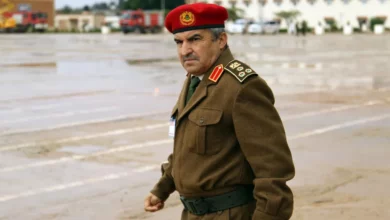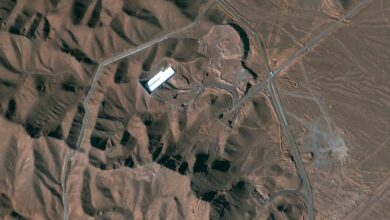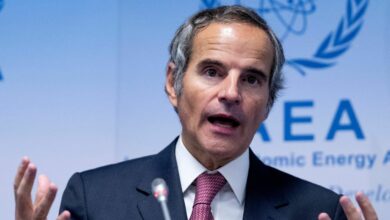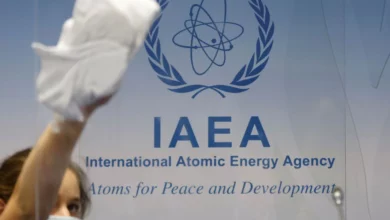
The Nuclear Materials Authority announced the discovery of huge amounts of uranium ore, giving a glimpse of hope for improving the country’s collapsing economy.
But while uranium extraction is expected to help develop many national industries, there are concerns about its environmental and health dangers.
Mohsen Ali Mohamadeen, head of the Nuclear Materials Authority, says the uranium was discovered in high concentrations in five main areas, included Abu Zenima in Sinai, Abu Rashid on the Red Sea, Sila in Upper Egypt, and the Gtar area, which is located 70 kilometers away from Hurghada.
“Because uranium is considered an important strategic raw material, the plan is to use it mainly as fuel for energy production,” Mohamadeen explains.
He says 14 other valuable, rare and expensive elements were found in the Abu Rashid area, including cerium, terbium and neodymium, adding that they can be used for manufacturing aircraft, medical equipment and electronics, which could help the economy “significantly.”
Mohamadeen explains that the authority first sent its planes to scan these different places and measure radiation, then organized geological trips to explore them and analyze soil samples.
However, he asserts that the researchers of the authority encountered some serious problems and difficulties. He says the team is asking the governorate to provide them with specialized mineralization centers that can provide researchers in difficult to reach areas, such as mountains, with the necessary car maintenance and camping services, as well as the necessary scientific equipment.
Mohamadeen doesn’t want people to worry about the environmental and health concerns of uranium.
“Everything has its advantages and inconveniences. Uranium is a radioactive material, but by following preventive procedures, such as using it under a shield of lead, it becomes completely safe,” he says.
The team intends to tender a bid to international companies, they say, because they need foreign expertise for the complex processes of excavating and extracting uranium.
Mohamadeen says it is very important to guarantee that Egypt will be able to make use of all uranium extracted by any of these companies. He says Niger, considered one of the leading countries in extracting uranium and other metals, sent a delegation to Egypt.
“In my opinion, it’s very important to have a cooperative program for exchanging experiences through mutual delegations between the different countries,” he says.
This piece was originally published in Egypt Independent's weekly print edition.




